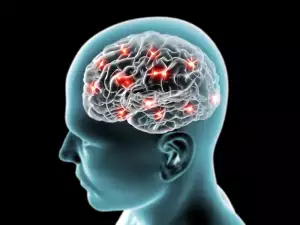A study done by scientists from a California university has led to the conclusion that the more curious a person is, the lower their chance of suffering from memory problems later on in life.
The results have proven that a strong interest in a given topic significantly improves our ability to learn and remember information.
The curious participants in the experiments remembered facts more easily, even if they were not directly related to the topic they were working with or interested in.
The scientists scanned the brains of the volunteers and found increased activity in the areas responsible for memory and pleasure.
The results of the study can help lead to the development of new learning and teaching methods, both for healthy people and for patients with neurological problems.

"Curiosity may put the brain in a state that allows it to learn and retain any kind of information, like a vortex that sucks in what you are motivated to learn, and also everything around it, " said Matthias Gruber (of the University of California at Davis), author of the study.
The volunteers had their brains scanned using functional magnetic resonance imaging, while the team of experts asked them a series of trivia questions.
They were to arrange the questions in order, based on how curious they were to find the corresponding answers.
In the 2nd part of the experiment, the scientists showed the same questions to the participants, with a human face shown following each question. Exactly 14 seconds after the human face appeared, the volunteers were allowed to see the answer to the question.
It turned out that the more eager the participants were to find out the answer to a given question, the easier it was for them to remember the face shown to them after the question. Some of them even remembered the faces a day later.
The brain displayed high activity in the regions that rely on dopamine and are responsible for motivation. With aging however, these regions dwindle.
Scientists theorize that this link found between memory and curiosity can help people struggling with dementia in the future.









